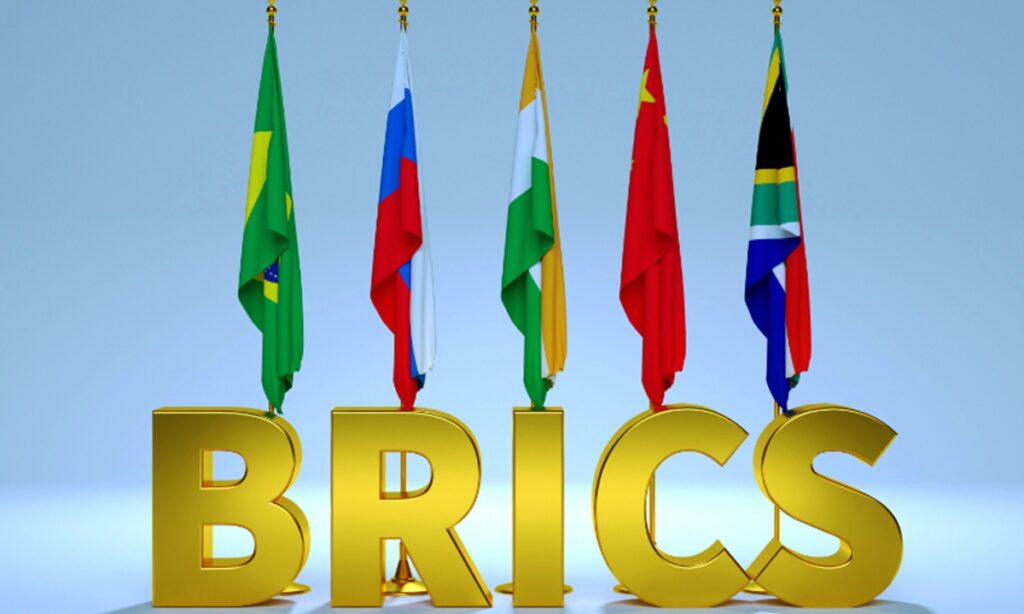As South Africa will host the 15th BRICS Summit in its financial hub Johannesburg from August 22 to 24, the five BRICS countries – Brazil, Russia, India, China and South Africa – will discuss establishing sustainable payment mechanisms for mutual trade, among the key issues to be discussed at the summit.
The move comes as more and more developing countries are seeking alternatives to reduce their dependence on the US dollar. Experts said that the dollar, used as a tool for the US to exercise international hegemony, has resulted in great uncertainty for the recovery of the world economy.
“Given the current international situation, this issue will be addressed during the upcoming meeting of the bloc’s leaders,” the Russian ministry said, RT reported on July 21.
The BRICS countries, including Russia, have been seeking to shift further from the dollar in mutual trade, with the de-dollarization trend gaining momentum following Western sanctions that cut Russia off from Western financial mechanisms.
South Africa’s Minister of International Relations and Cooperation Naledi Pandor said after the BRICS foreign ministers’ meeting on June 1 that the New Development Bank (NDB) is studying the potential use of alternative currencies to the dollar “to ensure that we do not become victim to sanctions,” Reuters reported.
Brazil’s President Luiz Inacio Lula da Silva in April called on BRICS countries to come up with an alternative to the dollar in foreign trade, Bloomberg reported.
By establishing a new settlement mechanism, the BRICS countries can reduce their dependence on the US dollar and increase their initiative and flexibility in foreign trade, Hong Yong, an expert at the digital real economies integration Forum 50, told the Global Times on Sunday.
One way is to use their national currencies as a means of settlement in mutual trade, Hong said as such an alternative payment system can reduce transaction costs and further facilitate trade and investment among BRICS countries.
Experts said that BRICS countries need to further strengthen their monetary policy coordination, establish a stable financial supervision mechanism, and strengthen financial cooperation and technical support.
In addition, the BRICS countries need to create more open, transparent and reliable financial markets and attract more countries to join and adopt the BRICS payment system.
In recent years, the influence and attractiveness of the BRICS mechanism has been on the rise and it has increasingly become an important platform for cooperation among developing economies, experts said.
According to data provided by Acorn Macro Consulting, a UK-based macroeconomic research firm, the BRICS bloc accounts for 31.5 percent of global GDP, surpassing the G7, which currently accounts for just 30.7 percent.
More than 40 countries have indicated an interest in joining the BRICS bloc, according to South Africa’s ambassador to the bloc, Anil Sooklal.
In the latest development, Algeria has applied to join the BRICS group and submitted a request to become a shareholder member of the NDB with an amount of $1.5 billion, Reuters reported on Saturday.
(Global Times)




